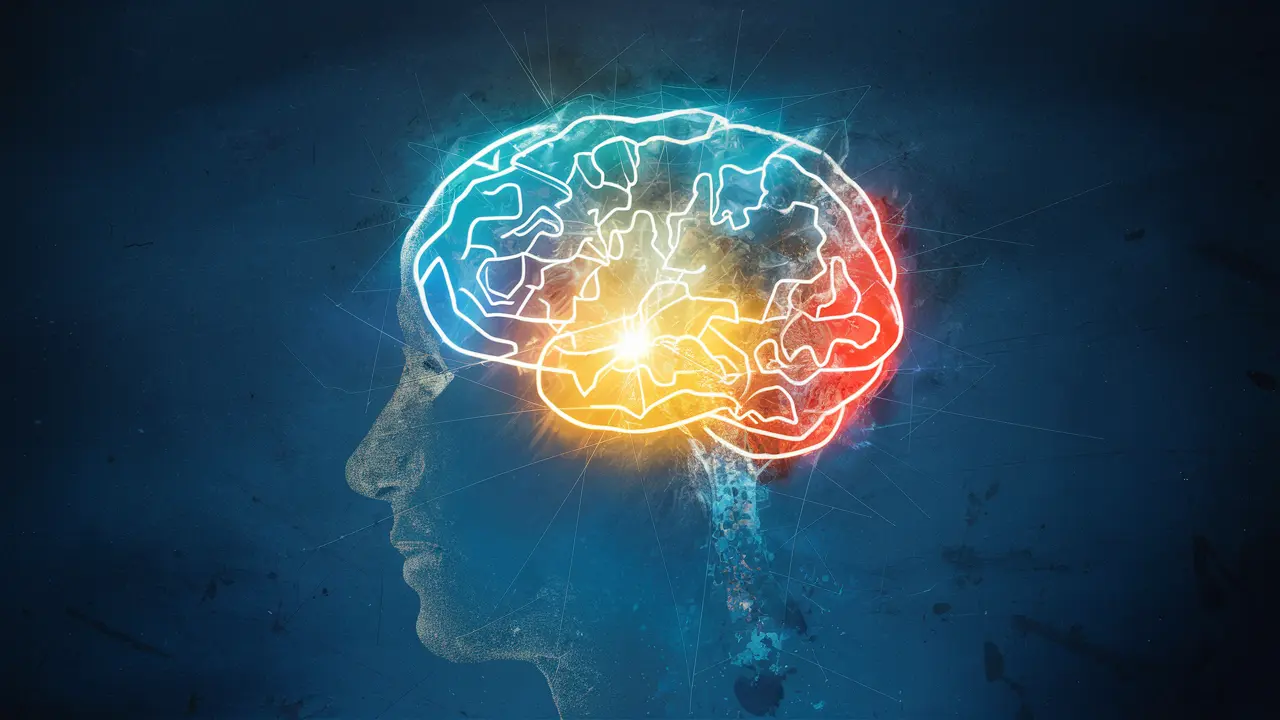
How to Help Memory Loss: Activating Mind Capacity
Table of Contents
Losing track of appointments, misplacing things, or repeating the same questions might be the first signs of mild memory loss. Individuals who get easily distracted or have trouble finding words may benefit from well-structured activities to improve memory. Such exercises as deliberate visualization, mindfulness sessions, or using memory apps allow one to gain fixed cognitive progress and fight challenging periods of shaping fresh thought or encoding complex data. Moreover, experiencing persistent inaccuracies in memorization of facts while studying, individuals can also create a convenient schedule with a refreshing pause or train fast and purposeful note-taking.
Techniques that Keep the Brain Cognitively Sharp
The brain can stay dormant when one is trapped in a regular habit. It means that the mind needs constant stimulation. Let’s look at how to boost your memory and stimulate a cluttered mind with the right activities.
Deliberate Visualization
One of the tips to improve memory and stay cognitively active is to create intentional mental imagery. During the process of visualizing, two vital parts of the brain are activated. These regions are the occipital lobe, which helps interpret visual data, and the hippocampus, which helps create memories. Thus, by exercising imagination through the help of a mnemonic device, neural links become strengthened between these regions, aiding in encoding. Such encoding specificity enhances the retention capacity.
Moreover, self-limiting beliefs may originate from inactive imagination. By imagining themselves to be successful in the future, individuals not only strengthen their ability to encode complex concepts but also program themselves to reach success.
Mindfulness Sessions
Due to the ability to be acutely conscious of the sensations and emotions at the present moment, it is possible to stimulate brain regions linked to focus and emotional regulation. This is how the density of gray matter will be improved. As a result, it streamlines data processing and ensures emotional resilience to stress.
Note-taking and Structured Schedule for Students
Taking notes helps to organize thoughts, improving the retrieval of any data type. It encourages active participation, which consequently deepens knowledge. Study schedules instill discipline, aiding productivity. These two practices both improve cognitive processes, which, in turn, leads to effective information processing. Moreover, strong memory cues can be formed through consistent note-taking. These cues make it easier to reinforce learning. They transform thinking by fostering methodical and strategic methods of learning which ultimately results in improved memorization patterns.
FAQ
Why is memory improvement important?
Training your brain elevates recollection precision, especially in individuals with overloaded minds.
Can genetics influence memory abilities?
Memory and thinking are both might be susceptible to the effect of genes. Although certain people have genetic predispositions for particular ways of thinking, it is not deterministic.
Can technology aid in memory improvement?
Instead of leading one to become sluggish, as many people believe would happen, using apps would assist in memorizing data.